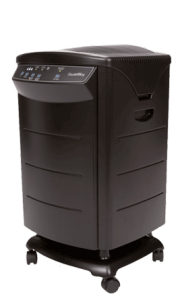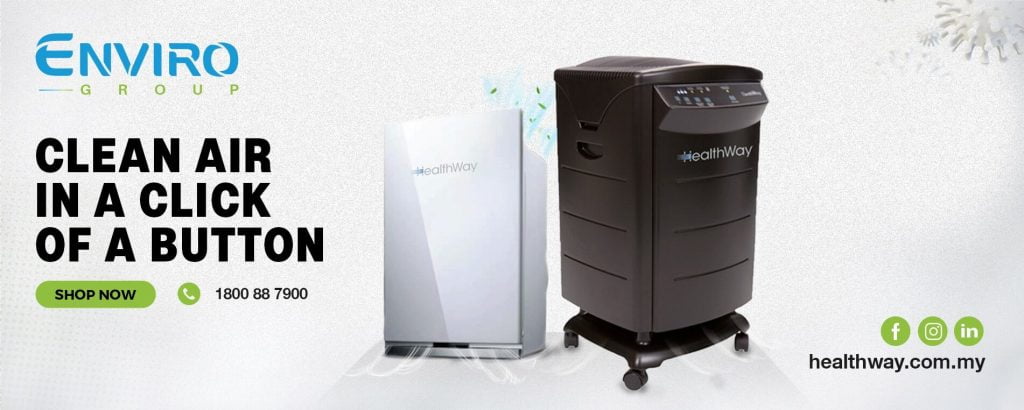During the COVID-19 outbreak, where we spent most of our time indoors, it is necessary to take extra precautions to ensure our environment is clean and protected from the airborne transmission of the COVID-19 virus. Even though our houses are the safest place to be during this outbreak, we can never be sure of the air quality we breathe in. Even the cleanest environment can contain invisible particles harmful to your health or exacerbate existing health issues. Air pollution contributes to various health effects, including itching eyes, headaches, nausea, flu-like symptoms, breathing difficulties, and asthma-like symptoms.
As concerns about improving indoor air quality grow, air purifiers come into play to help us achieve that aim. A device that filters and eliminates impurities from space to improve indoor air quality is known as an air purifier. It maintains indoor air quality by removing odours, smoking, dust, furniture polishing, and pet dander through filtration and releasing clean, purified air.
Well-Known Air Purifiers Among Malaysian
HealthWay, Honeywell, Coway, Xiaomi, Dyson, and Blue Air are just a few well-known air purifier brands among Malaysians. Each air purifier has its specifications and technical performance in filtering indoor air to make it the cleanest and safest for people. Each brand claims to produce the finest air purifiers for its customers; with so many options available, which brand has the best air purifier?
Before Purchasing an Air Purifier…
Before purchasing an air purifier for your household usage, we must consider several crucial factors. One of the most critical factors to consider is the filtration technology used by the air purifier, whether it uses a high-efficiency particulate air (HEPA) filter, the standard recommended by the US Environmental Protection Agency (EPA) and the American Lung Association. HEPA filters capture 99.97 percent of particles 0.3 microns or larger and nearly all particles smaller. Air purifiers with HEPA filters minimise the number of allergens and asthma-inducing particles in the air, making it easier for those with allergies and asthma to manage their symptoms.
View this post on Instagram
Activated Carbon Filters
We should also opt for air purifiers that include additional activated carbon filters, in addition to HEPA filters. These are the only filters that can eliminate chemicals, gases, odours, and scents from pets, cooking, smoking, paints, and cleaning supplies. If you live with a smoker or have pets, these filters can be beneficial as they offer cleaner air and make your household smell nicer. For optimal air purification, we need both filters. We should look for other factors before committing ourselves to air purifiers in our houses: the size, noise level, energy consumption, filter life, price, and ease of use. The table below shows comparisons between air purifiers and other brands.
Coway
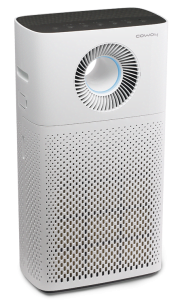
Cuckoo
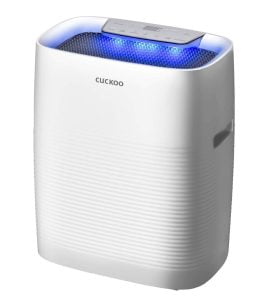
Honeywell
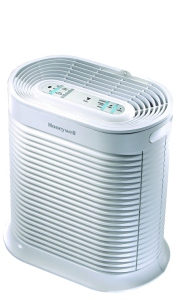
Dyson
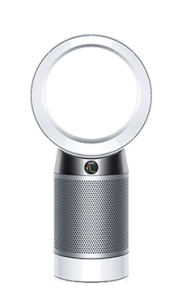
Blueair
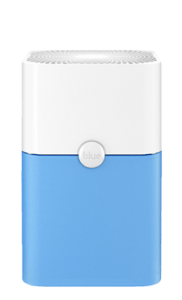
DFS Vs. HEPA
Based on the table above, one of the criteria HealthWay products have over other air purifiers in the market is that HealthWay is the only brand that employs Disinfection Filtration System (DFS) Technology, which is 40 times more efficient than HEPA technology. While HEPA filtration technology is the standard set for an air filtration system that captures 99.97% efficient at 0.3 microns, DFS Technology captures 99.99 percent of all particles as small as 0.007 microns. In addition to removing odour, pet dander, and smoke, this DFS Technology is able to eliminate viruses in the air, something HEPA filter is not able to do, making HealthWay the most efficient air purification system on the market.
Conclusion
In conclusion, while air purifiers do not cure the symptoms we get from indoor air pollution, they help lessen those dangers and improve our lives. Step one in enhancing indoor air is selecting the best air purifier for your house. When choosing an air purifier, we need to look at the features and specifications before deciding which one is the best air purifier for our house. When buying an air purifier, the essential factors that we should consider are the filter types these air purifiers carry, the pollutants they can filter, size, ease of use, price, noise level, and energy consumption.

